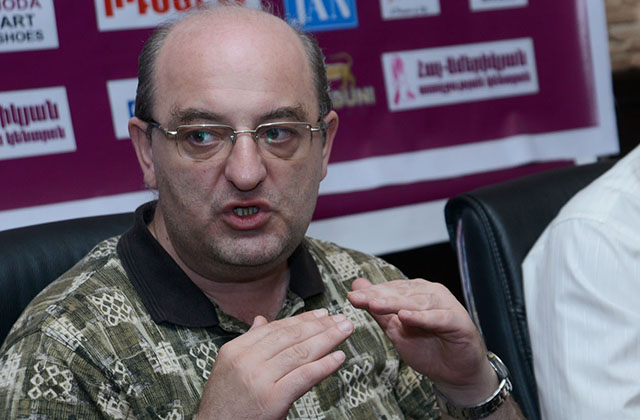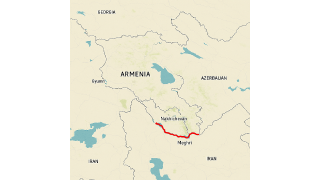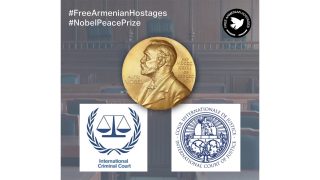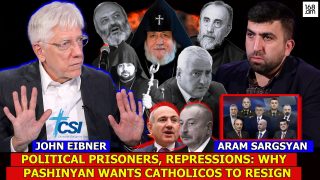
“The West was Convinced—There is no Potential for Color Revolution in Armenia”

Armen Badalyan, political and election technologies expert, is the interviewee of 168.am.
–Mr. Badalyan, as we know, David Harutyunyan, Chief of Staff of RA Government, an MP, announced they are ready to agree on negotiating and discussing the new Electoral Code by “4+4+4” format with opposition and civil society submitted by Levon Zurabyan. In your opinion, what implications it may have on account of the fact, that a range of opposition powers already deny engagement with the discussions, stating it’s the same, authorities won’t abandon their principal provisions, and its senseless?
–The crucial point here is what the final form of the Electoral Code will be. It’s of secondary importance, whether the format will be “4+4+4” or “10+10+10,” it isn’t so essential. It’s clear here that ANC puts forward that standpoint for one purpose, so that an image was shaped among the consciousness of the society, that there are authorities, there is opposition, and there is civil society. That is, this is mainly implemented to create certain image in the consciousness of the society.
It’s not important for the authorities upon which format the opposition will participate in the process of Electoral Code development. If opposition has support from external political centers, accordingly without that format the authorities will have to pass the Electoral Code not so desirable for them, and desirable for the opposition. And if opposition hasn’t that weight and doesn’t obtain external support, despite any format, it won’t provide any result, i.e. here the outcome is important, and not the way to reach it.
–At the moment do you observe support by any power, also on account of the fact that before establishment of joint platform for proposals, ANC was stating that disposition of international structures has changed? And should we assume now that they have that “certain” external support and will be able to succeed to pass their proposals?
–It’s a bit difficult to say whether they’ll succeed or not. However, it’s noticeable that the West more and more toughens its attitude regarding adoption of the Electoral Code in Armenia. That is, it’s already visible now that the West is becoming more and more interested in adoption of Electoral Code directed to holding fair and just elections. For the time being, I can’t say what after-effect it will provide, however, the West is starting to toughen its positions, which is already visible though.
– To your mind what is it conditioned by?
–If you observe the recorded change of power, you’ll see that in CIS countries mainly change of power is implemented not through electoral process, i.e. by the so-called color revolutions—the Ukraine, Georgia, Kyrgyzstan and etc. As compared to it, the society in Moldova and Armenia doesn’t have that potential to come to power through color revolution, but the society has the potential to change power through elections.
This means, not to sound strange, only the institute of fair and free elections may contribute to change of power in Armenia, which is beneficiary for the West. Once they tried, and saw there is no potential for color revolution in Armenia, i.e. it’s impossible to change a system through a street, in Armenia it’s possible only by means of fair elections.
–What role may Russia assume in development of the Electoral Code?
–For Russia, it’s not so essential, whether free and transparent elections will be held here or not. It’s important for the latter that there was power in our country not negatively disposed towards Russia. To all probabilities, Russia will try to have an alternative to Armenia’s authorities. Russia would prefer to be an alternative pole of Armenia’s authorities, so that they kept money not in one, but simultaneously in different banks.
– Is it visible to you, which one is that alternative pole?
– For the time being it’s not visible though. However there is some time, and it’s not excluded that it will be initiated.
– How probable is the fact that the political party, to be founded by Ara Abrahamyan, Head of the Union of Armenians of Russia, will be that alternative pole?
–It’s not excluded. Russia simply doesn’t want to have a few actors; it’s a natural phenomenon, they try to increase their actors in various territories, so that they may easily pursue their policy.
By Ani Keshishyan























